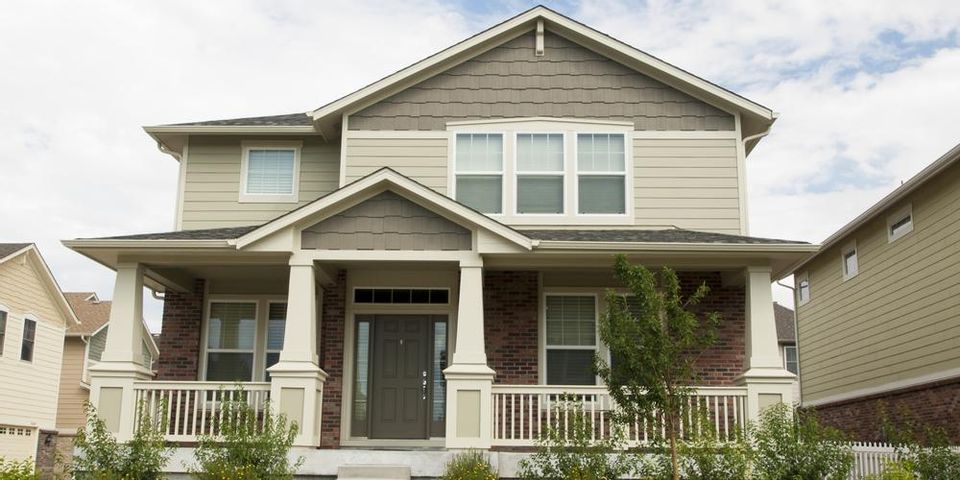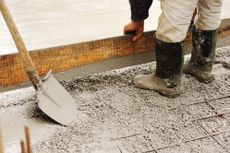How Different Types of Soil Impact Foundations

A sturdy foundation is one of the factors that makes a new home safe to live in. While concrete is known for its strength, it will interact differently with various foundation materials. Depending on where you live, the soil could have a large impact on how is installed. Below, the team at Hilltop Basic Resources in Cincinnati, OH, explains how soil affects your home’s foundation.
How Different Soils Affect Your Foundation
Clay
Clay is easily recognized by its red hue and clumpy consistency. This type of soil is also dreaded by gardeners since it is sticky when wet but cracks when it is dry. You will also need to consider this when building a concrete foundation, as you wouldn’t want frequent changes in weather to compromise your home. To keep the foundation stable, be sure the clay is fully compressed.
Peat
 Peat is a type of soil found in wet areas that is comprised of decomposed plants. While it is easy to compress, the shape of this soil can change easily. Concrete experts know that it doesn’t provide enough support for a foundation. If you are dealing with peat as a subsoil, speak with your contractor about alternate foundation options.
Peat is a type of soil found in wet areas that is comprised of decomposed plants. While it is easy to compress, the shape of this soil can change easily. Concrete experts know that it doesn’t provide enough support for a foundation. If you are dealing with peat as a subsoil, speak with your contractor about alternate foundation options.
Rock
Soil that contains a high amount of limestone and granite rock is strong and can easily bear the weight of a foundation. Before you begin construction, be sure to have the area completely leveled. This will help you to avoid drainage problems in the future.
If you’re building a foundation for your new home, trust the team at Hilltop Basic Resources for the products you need. With over 70 years of experience providing the residents in the Tri-State area with construction materials and concrete, they offer wonderful customer service and affordable prices. For more information about starting your project, visit them online or give them a call at 513-684-8200 today.
About the Business
Have a question? Ask the experts!
Send your question

